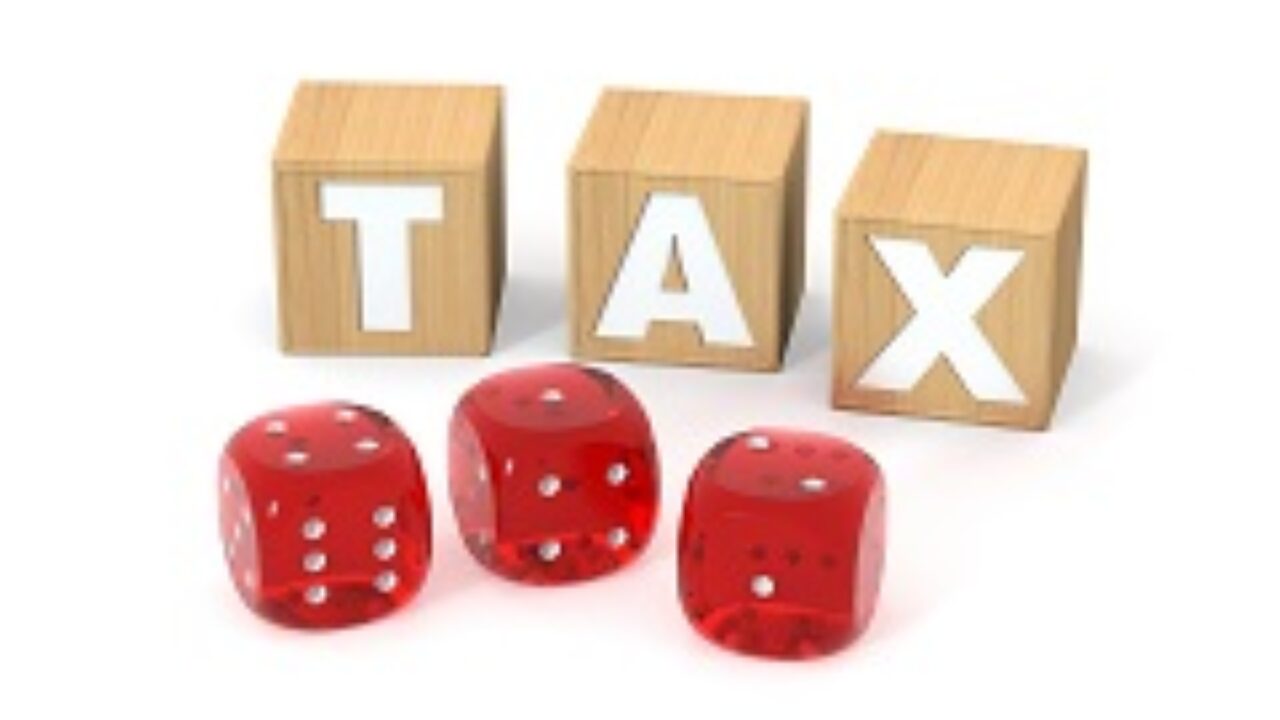bonertifan1985.netlify.com
Can You Write Off Casino Losses On Your Taxes
That’s because you’re required to report each stroke of luck as taxable income — big or small, buddy or casino. If you itemize your deductions, you can offset your winnings by writing off your gambling losses. It may sound complicated, but TaxAct will walk you through the entire process, start to finish. The short answer is. You can absolutely deduct those gambling losses. However, you can only do so based off of how much you’ve won in cold, hard gambling cash. This means in order to write off your losses, you will have to accurately report the amount of money you made from gambling in a given year.
Can you write off real money gambling losses on your taxes? The short answer is yes, but as is the case with most things that are taxes and IRS-related, it’s a lot more complicated than you might think.
Gambling on the track or the tables is one thing, but one house you never want to cross is the IRS.

When it comes to gaming income and taxes, there’s a lot of misinformation out there. You’ll hear all kinds of funny stuff from the random characters you meet at your gaming location of choice, but you should probably treat that the same way you treat “tips” on which slot machine is loosest tonight—with a healthy helping of skepticism.
The truth is that gaming income is very much taxable under certain conditions and up to certain amounts. And while you can definitely deduct your losses, you want to make triple sure you’re doing it the right way.

I would also like to note that I am not a tax professional or tax attorney and am not giving you professional or legal advice here. I’m presenting you with some general notions of how it all works, but you should always consult a tax professional or tax attorney before filing your taxes.
Before we jump into the article, we want to make an important distinction: The rules are different if you’re a professional gambler.
If You’re a Professional Gambler, Read This First
Most of what you’re going to read in this article concerns gambling as a hobby. The IRS basically considers a source of income a hobby if you’re mostly doing it for fun. It’s also considered a hobby if you’re not doing it regularly or don’t depend on that income to pay the bills.
There’s a great list you can read about how the IRS distinguishes between a business and a hobby here.
That being said, if your main source of income is gambling, you’re essentially getting taxed the same way you would if you were running your own business.
- It means you have to pay the self-employment tax.
- It affects the way you calculate your winnings and losses by session (which has a specific definition), which means you have to track how much you walk away with (or lose) every time you sit down and play.
- If you’re doing itemized deductions, you may be able to deduct a portion of your losses, and you may be able to deduct other expenses.
However, the best advice we can give is to work with a tax professional. Depending on your losses and expenses, you may just want to take the standard deduction.
You Can Write off Gambling Losses but Here’s the Catch
Can You Write Off Casino Losses On Your Taxes Owed
The catch is simple! You can’t write off more losses than winnings.
What does that mean? Well, it means that if you’re the world’s biggest loser and won nothing all year but lost tens of thousands of dollars, you can’t write any of it off.
 For Example:
For Example:If you win $5,000 and lose $20,000 for the year, you can only write off $5,000.
A lot of this depends on sessions, and the IRS recommends you keep a gaming diary or log to keep track of how much you won or lost during each session. A “session” has a special definition, but it basically means any period of continuous play without cashing out.
So, if you sit at a blackjack table for two hours, and you’re down $600 at one point, but you make a comeback and cash out up $100, even though you were down during the session, you can likely count that as $100 in winnings for that single session.
One rule though is that a session can’t last more than a day.
But all of this is up for interpretation, and unless your winnings are out of control (or there’s something fishy about your taxes), it’s unlikely that the IRS is going to swoop down to the casino and start grilling the pit boss.
That being said, check with a tax professional if the amounts you’re winning or losing are getting high. If you are winning below certain amounts, the casino doesn’t have to report the income, but you still do.
If You Win Above a Certain Amount, Taxes Will Be Automatically Withheld
Even if you’re really not making much money off gambling for the year, you still have to pay taxes on the income. That’s right, even if you only make $100 this year by gambling, you have to report it.
That being said, once you win above a certain range, the casino (or horse track or payer) is going to withhold the taxes you owe the government.
There’s a range, but it looks something like this: If you win more than $600 or 300 times whatever you wagered, the taxes will be withheld. There are special rules for some games though.
For Example:If poker is your thing, taxes won’t be withheld on winnings from a poker tournament (which has a special definition) unless you win more than $5,000.
For bingo and slot machines, the limit is $1,200. If you’re playing keno, it’s $1,500. But even if you’re not getting above these thresholds and are not automatically having your taxes withheld by the payer, your winnings are subject to a federal income-tax withholding requirement.
You have to pay 25% in taxes one way or another. All kinds of prizes can be subject to this tax. If Oprah gives you a free car at one of her shows, you’re going to owe taxes on that prize.
And once you get into really big amounts, the tax rules change, so as always, consult a tax professional as soon as possible if you win big.
Adjusted Gross Income
If gambling is not your full-time job, but you’re making (and/or losing) a lot of money each year, it can have a big impact on your adjusted gross income. This can increase the amount of taxes you pay each year, even if you ended up with a net loss for the year.
Your adjusted gross income is increased by any gambling wins, but gambling losses aren’t going to decrease your adjusted gross income, unless you’re a professional gambler (which most people aren’t).
/GettyImages-dv1236010-570bead83df78c7d9ef79829.jpg)
So, let’s say that you had an equal amount of wins and losses for the year. Does that mean you can walk away scot-free? Definitely not. Even though your net income was low, the gross is going to be much higher.
Why does this matter? You might accidentally push yourself up into a higher tax bracket. You might be unable to get the same deductions in other areas of your life than you were once getting. You might even have to pay more in Medicare tax.
The really important takeaway here is simple. Even if you lost a whole lot of money gambling this year, you still need to report your wins and losses.
If you don’t, you might find yourself in a world of tax trouble. Reach out to a tax professional, especially if you have some large winnings and losses, and see if they can save you from getting a crazy-high tax bill.
Keep Track of Wins and Losses

Remember that gambling diary or log that I mentioned earlier? If you’re making enough income through gambling to owe tax on it, you need one of these. And it needs to be pretty specific about what you did and what happened during each session. Remember, a session counts as one continuous round of play without cashing out, up to one day.
What kind of information might you keep in such a diary? You’ll want to have how much you won or lost of course (net should be sufficient), but you’ll also need date/time/location information, what casino game you were playing, and anything additional that can help you pinpoint each session (so you might have a machine number on there, or you might need to list the name of the people who were with you, or maybe even the pit boss).
You’ll also need to keep any other proof that this money existed, like banking records (deposits and withdrawals), and a document called “Form W-2G.”
Keep Your Eye out for Form W-2G
The house always wins, but in this case, the house is the IRS. The owners and operators of casinos and other gaming businesses have to report their income (and payments) as much as you do, so when you win over a certain amount, they may issue you Form W-2G.
Form W-2G is generally issued when you hit those minimum amounts mentioned above, but the government isn’t going to give you a pass if you didn’t get one. It’s up to you to track that money and be aware of how much you won.
Usually, you’ll know though. Form W-2G is issued because the casinos and other entities must withhold a percentage of your gambling income. If you don’t receive one after a large win, make sure you ask for it so you’ll have proof they withheld your taxes (and you don’t end up liable for them).
Conclusion
Can You Claim Gambling Losses On Your Taxes Australia
Remember, when it comes to gambling losses and whether or not you can write them off (or whether you owe a lot more money than you thought), it’s critical that you work with a tax professional. The last thing you need is to misinterpret the rules and end up with a huge tax bill on your hands.
Can You Write Off Casino Losses On Your Taxes Due
The IRS doesn’t take gambling winnings lightly. Keep careful track of how much you’re making, keep a diary, and contact a tax attorney or professional tax preparer before you file your taxes, especially if you made a lot of money gambling this year.
Can You Write Off Casino Losses On Your Taxes Returns
Are you a tax professional? Is there anything I missed here? Let me know in the comments!